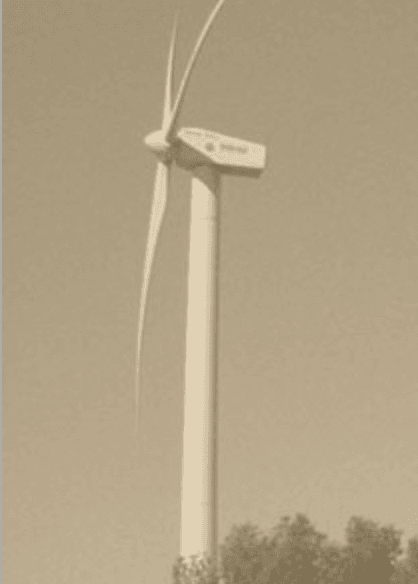
Landscapes of everyday life. Crossed perspectives on research and action
The conference is mainly intended for scientists in natural and social sciences, landscape practitioners and elected officials from European countries, but is also opened to same communities from non-European countries.
Introduction
Although a large majority of Europeans live in urban and peri-urban areas today, it would be difficult to surmise that the landscapes they live in were the object of serious, intentional efforts on the part of policymakers. These landscapes are often considered to be degraded and inhospitable, and are frequently associated with social exclusion and the deterioration of living conditions. The French Ministry of Ecology, Energy, Sustainable Development and the Sea, the Generalitat of Catalonia, the Perpignan urban authority, cities of Girona and Perpignan organise a conference in 2011. Its aim is to reconsider these landscapes that are home to millions of people in Europe and abroad from the standpoint of, on the one hand, improvement projects of which they were the focus, of “ the particular values assigned to them by the interested parties and the population concerned ” and, on the other hand, from the standpoint of efforts made by the latter to redevelop these landscapes.
The numerous member states of the Council of Europe that ratified the European Landscape Convention committed themselves, in particular, to giving priority to everyday landscapes and to establishing “procedures for the participation of the general public, local and regional authorities, and other parties with an interest in the definition and implementation of the landscape policies ” . But what is the reality? What is the role that the procedures implemented by public institutions and territorial authorities actually assigned to stakeholder negotiation and participation in the improvement of landscape quality? Among these experiences, which ones make it possible to affirm that these forms of negotiation and participation are a guarantee for success? And beyond projects initiated by political institutions, what about those developed by community-based associations that aim at contributing to the improvement of living environments? Moreover, landscaping projects are increasingly considered as processes that evolve through the acquisition of knowledge provided by the collective experience of analysis and action. Does a landscaping project designed as a process over time and space require specific methods, and if so, which ones? Finally, everyday landscapes are strongly influenced by land-use or economic development projects. What, therefore, does the landscape dimension fit in?
These different questions are not just addressed to the scientific community. They also concern institutional actors and landscape practitioners. This conference is therefore open to dialogue between operational methods and cognitive methods. This possibility obviously brings with it a dual requirement. On the one hand, it aims to give voice to landscape “manufacturers”, whoever they may be (professionals, elected officials, experts, NGO members or simple citizens), as well as to researchers, and above all, to encourage the dialogue between these two categories. On the other hand, it aims to enrich the debate with data that will make it possible to assess the effectiveness of the methods implemented, and among them, the methods based on participation or the exchange and sharing of knowledge or action objectives. However, when we speak of effectiveness, we must not limit the issue of landscape quality to its aesthetic aspect alone. We must also know if the methods implemented in the projects made it possible to address the demands of sustainable development and, in particular, if they were able to guarantee generational and intergenerational social equity or the quality of living environments and biodiversity, while allowing individuals and social categories to find their place within society and to think of the future with optimism, for themselves and their descendents. How do the notions of landscape and sustainable development interact and influence each other? How is the time dimension taken into account in landscape projects and public policies? What is their impact on the projects, their means of production and their governance? How are these notions integrated into professional practices?
Although this proposal initially focused on densely populated landscapes, that is, urban and peri-urban, it in no way excludes rural, mountain and coastal landscapes from the collective reflection. These landscapes are also home to their inhabitants and maintain relationships with the former that involve complementarities or antagonisms that must be justified and identified. Just like urban landscapes, these landscapes also bear witness to many experiences involving participation and social negotiation.
Languages
The conference will be held in the following three languages with simultaneous translation: English, French and Spanish.
Agenda
Wednesday 16 March 2011
Place: Palau de congressos de Perpinyà
Morning: Plenary Session 1 : Opening, round tables
Afternoon: Parallel session A, B, C Communications
Evening: Gala dinner
Thursday 17 March 2011
Plase: Landscapes of France and Catalunya, Girona Conference center
Morning: Transfert Perpignan – Girona and field trip in French and Spanish Catalogna
Afternoon: Parallel session A, B,C Communications
Evening: free
Friday 18 March 2011
Place: Girona Conference center
Morning: Parallel session A, B, C Communications
Afternoon: Plenary Session 2: Closing ceremony
Evening: Concert
Saturday 19 March 2011
Morning: Visits of Girona city (optional)